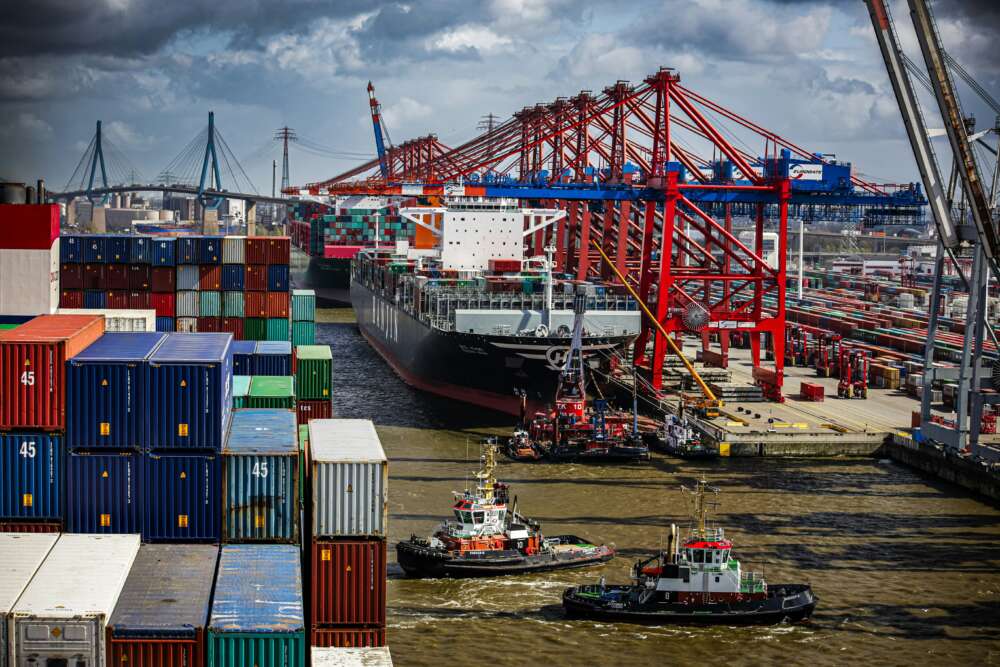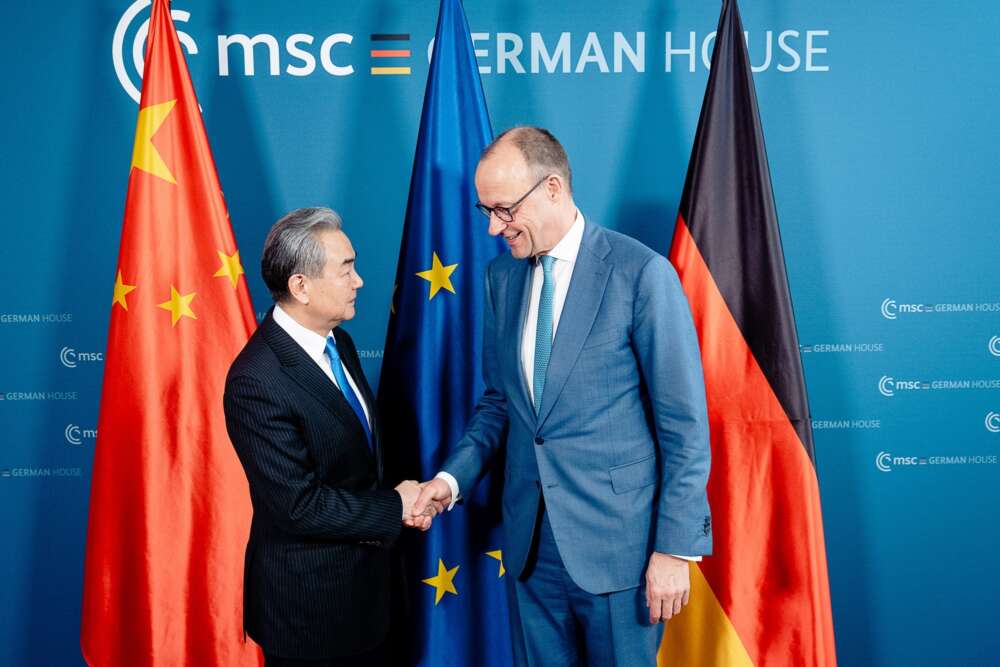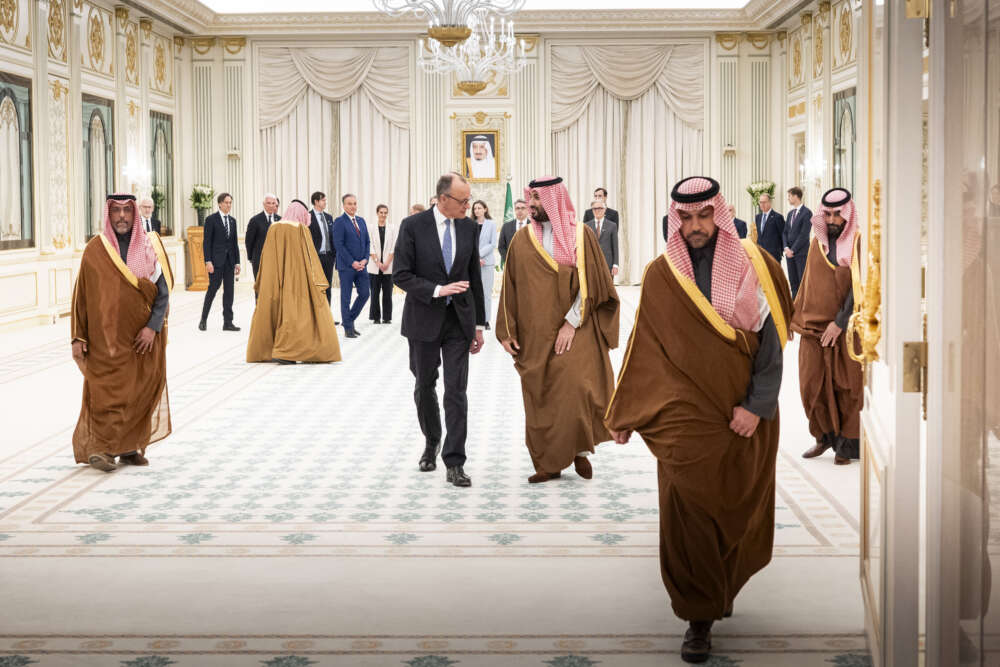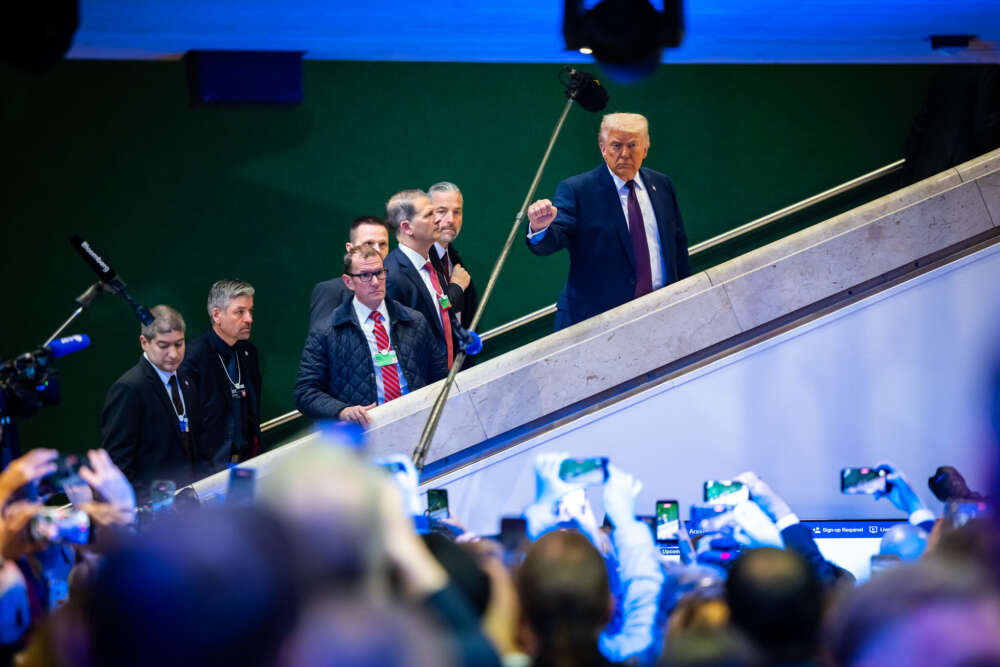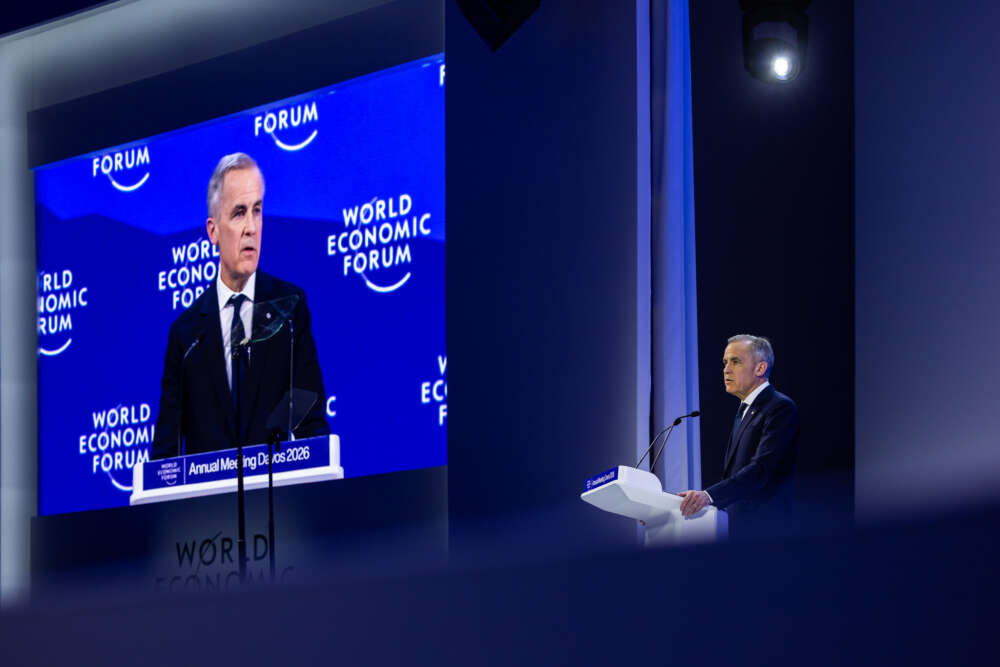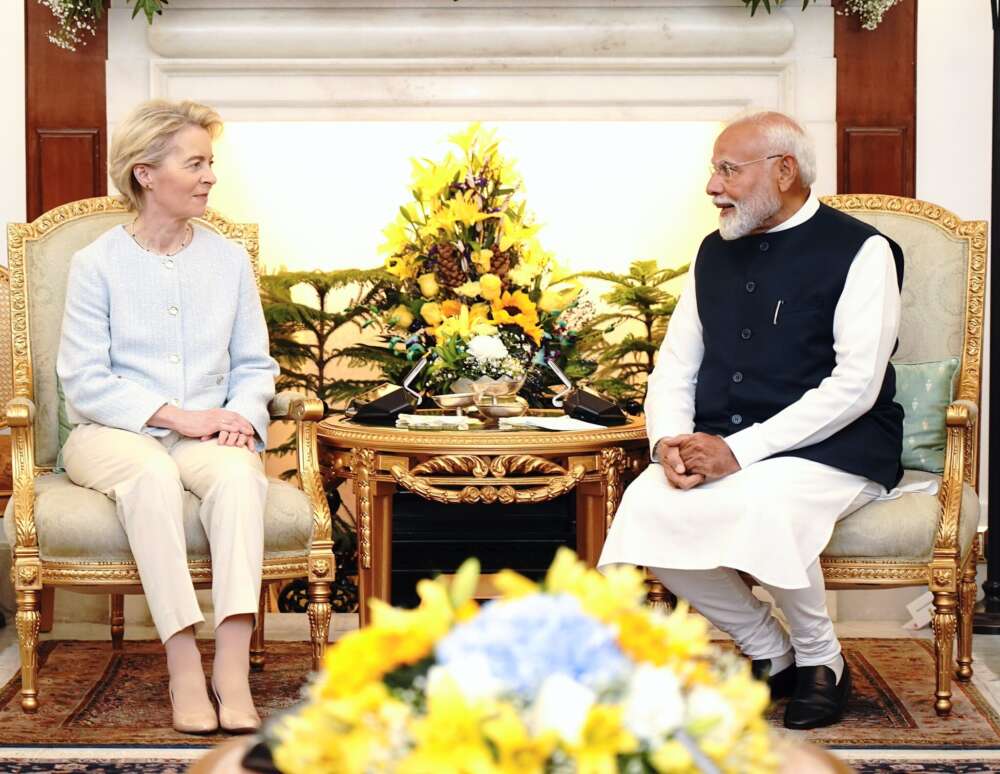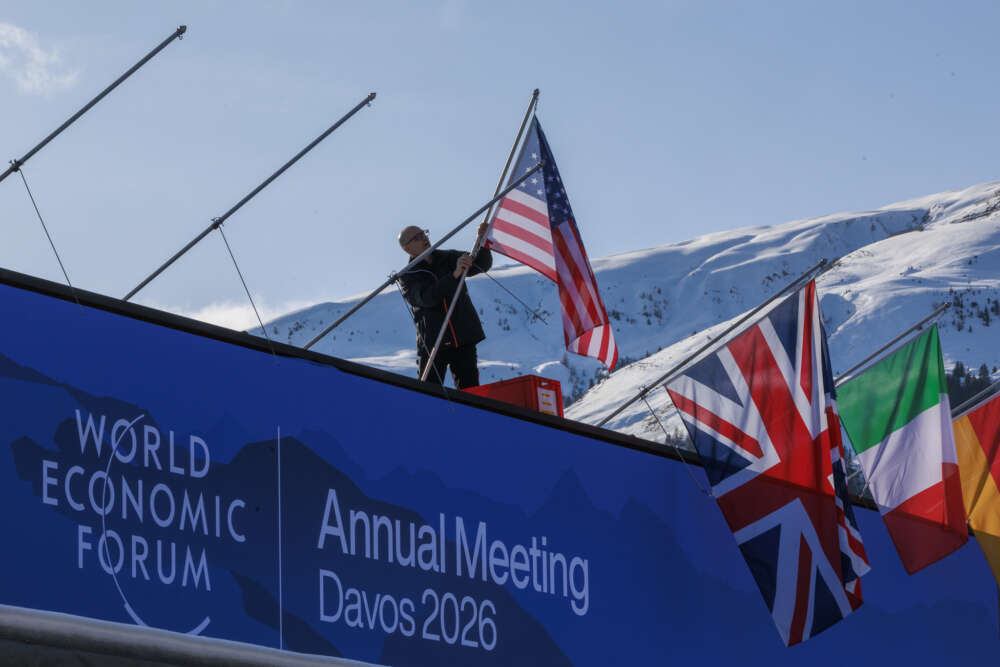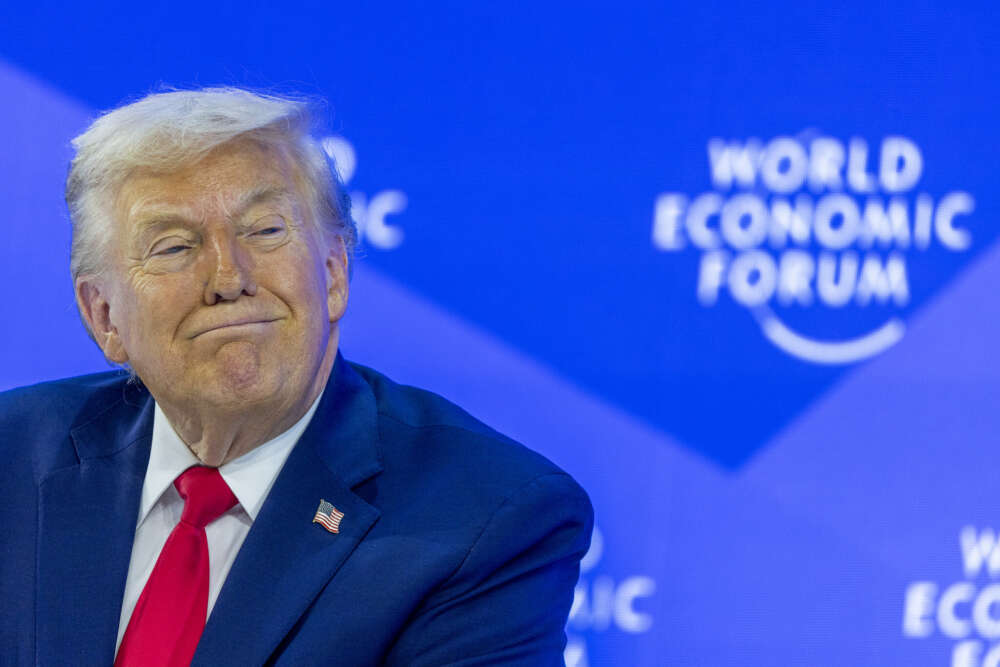Scholz’s Asia Month: Preparing Germany for a Non-Western-Centric World
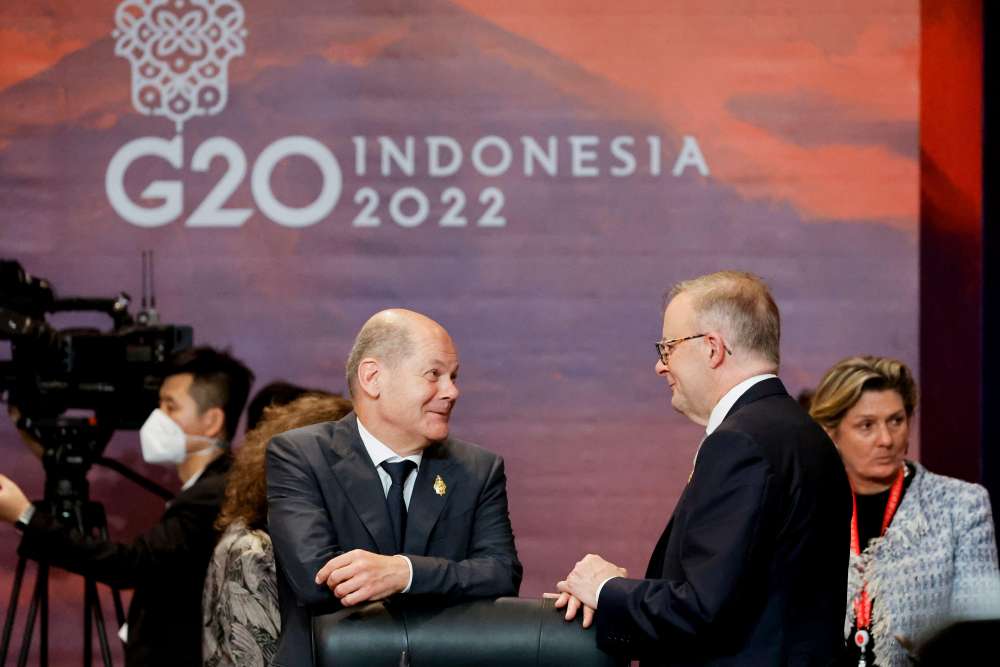
This November is Asia month for German Chancellor Olaf Scholz. He will visit Vietnam and Singapore on 13 November and 14 November before proceeding to Indonesia for the G20 summit. On 4 November, Scholz met Chinese President Xi Jinping in Beijing during his inaugural visit as chancellor. Earlier this year, Scholz took time to visit Japan as well as to deepen German-Indian ties during an extensive visit of President Modi in Berlin. The way Scholz approaches these visits sheds light not just on his emerging approach to China and Asia but also on the broader framework for how he seeks to position Germany in a fast changing global order.
Moving Beyond a US-China Framework
At a townhall event organised by his Social Democratic Party on 5 November, right after he returned from Beijing, Scholz was asked about his China policy. Tellingly, Scholz answered by restating the core elements of how he sees the world and Germany’s place in it.
He described a total makeover of the world that Europeans were used to “in which almost everything that was decided or became economically relevant was centered on Europe and North America”. There were many countries in Asia, Africa and Latin America, the chancellor emphasised, that would gain clout in coming decades. Scholz said it was key for Germany to “here and now develop a policy that enables us to not just deal with these changing circumstances globally but to use them as an opportunity for improvement”.
What is remarkable about this is that the chancellor chose not to describe the world as predominantly one of great power competition or a block confrontation between the US and China. In fact, Scholz is convinced that many countries will refuse to be neatly separated into a US or China camp. That is an accurate reading of the position of many countries in Asia and beyond.
At times, Scholz talks about a “competition of systems” or “systemic rivalry” between democracy and authoritarian state capitalism but that is not the term he most often uses when he talks about China, especially not when visiting third countries. Again that is an accurate reflection of the mood outside the core West where very few countries use “systemic rivalry” as a dominant frame when thinking about China (or the much less competitive kleptocratic system of the Kremlin).
The German chancellor happens to believe that liberal democracy is the superior form of governance for it is better able to self-correct and therefore better at dealing with crises.
He also thinks that working with countries leaning toward democracy and the rule of law who do not have any territorial ambitions vis-à-vis their neighbours is Germany’s best shot globally in terms of cooperation. Scholz used the German G7 presidency to invite countries from outside the traditional West: India, Indonesia, South Africa, Senegal and Argentina, the latter two as representatives of regional organisations. On the sidelines of the UN General Assembly (UNGA) in New York in September, Scholz met heads of many different smaller states from outside the West.
A Need to Engage with China
When it comes to China, Scholz says the differences in political systems between democracy and the rule of the Communist Party clearly cannot be reconciled. He is also quite outspoken on China’s massive violations of human rights. In his speech at the UN General Assembly (UNGA) in September Scholz made reference to the report on Xinjiang published by the UN Human Rights Commissioner. He told China “to implement the recommendations of the High Commissioner. That would be a sign of sovereignty and strength.”
Still, Germany needs to come to terms with the simple reality of “China being there” and making up 20%-30% of global GDP. That is why Scholz says Germany needs to continue to engage with China, in terms of diplomacy and in terms of trade. In doing so he argues against the straw man of decoupling although nobody in a position of power in the West argues for all-out decoupling with China (while it is Beijing that is pursuing an agenda of selective decoupling). He did push through Cosco buying a 24.9% stake in a terminal in Germany’s main port of Hamburg just before his Beijing trip against the explicit opposition of six of his ministers. He also chose to bring a business delegation stacked with some of the CEOs of some of the companies most dependent on the Chinese market such as Volkswagen and BMW. This did create an impression of “Merkel as usual”.
Building Connections with Other Asian partners
However, there is more to Scholz’s China policy. Before leaving Beijing, he stressed in an op-ed that “business as usual” is no longer an option. He argued that “as China changes, the way that we deal with China must change too”.
At the SPD townhall event, Scholz mentioned resilience, diversification and “de-risking” as key elements of a strategy of economic security vis-à-vis China. He stressed the need to reduce one-sided dependencies for example on natural resources or industrial pre-products.
There will be a lot of disagreements between Scholz and his coalition partners on which risks with China are acceptable and how fast these risks need to be reduced. That Scholz pushed through the Cosco deal and took CEOs to Beijing who are already too dependent on China shows that oftentimes, Scholz is still way too generous in terms of assessing dependence risks. Still, Scholz is about more than “Merkel as usual”.
Unlike Merkel, Scholz has invested a lot of time into building closer connections with Asian partners. He travelled to Japan this spring and has invested a lot into the relationship with India. The chancellor’s trips to Vietnam and Singapore are part of this as well. In parallel, German President Frank-Walter Steinmeier has undertaken trips to Singapore and Indonesia this summer and Japan and South Korea this past week in order to deepen partnerships. Partnerships across the region would benefit from a beefed-up German and European trade and infrastructure agenda.
At the same time, Germany needs to deepen its efforts when it comes to peace and security in the Asia-Pacific, which has until now often been an afterthought. To demonstrate Germany’s commitment to peace, Berlin has to invest more together with like-minded partners to deter Chinese aggression against Taiwan. Speaking in Beijing, Scholz reiterated opposition against any effort to try to change the status quo in the Taiwan Strait by force. Back in Berlin, Scholz added the need to make sure “that in the South China Sea China is not a threat for those who as neighbours also seek a development perspective”. Those were exactly the right words to say ahead of his return to the region this weekend.
This commentary was originally published in Think China on November 10, 2022.
